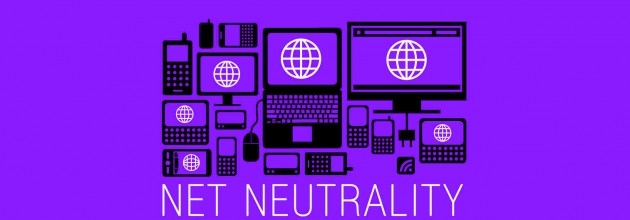Net Neutrality – Advantages and Disadvantages

Net neutrality means that internet service providers do not restrict access to any website regardless of its source. It also means that the internet service providers are not favoring any particular brand, product or organization. There are many examples from the past where companies have influenced net neutrality in a negative way for one reason or the other. Classic Example of Internet.org Violating Net Neutrality Internet.org was launched in India. Internet.org gives free access to users for content of some websites on a particular network. This means visitors using the free internet will only be able to access that part of the vast internet and not the other millions of websites online. This gives an unfair advantage to all those websites over the ones which have not been selected by internet.org, although Mark Zuckerberg touted this as not a violation of free internet. However, it directly impairs the concept of net neutrality. Let us have a look at net neutrality pros and cons. Pros of Net Neutrality Full Content Access One of the founding pillars of net neutrality is full access to the content. The example of internet.org shared above defies this advantage and limits the access of users to particular websites. This directly impacts the user experience that internet consumers will undergo. Therefore, net neutrality principle of full content access negates limited user experience, positively impacting the user experience and providing greater content options for the readers to choose from. Transparency of Operations for ISPs The internet service providers must be transparent about their operations. It means all the actions that are taken by internet service providers must be made public, guaranteeing full disclosure. Equitable Network Traffic Management Internet service providers should not give any preference to one user over the other due to any reason. This is a difficult thing to achieve since there is a lot of difference between individual and business users for the bandwidth provided. Policies Promoting Equality All new policies formulated to govern the internet must promote equality of use among all internet users. This will help ensure same quality of internet is provided to all consumers regardless of their location. Cons of Net Neutrality No Piracy Allowed Net neutrality also means that no user is allowed to use pirated software or illegally download movies. Users will no longer be able to enjoy that freedom and it would directly affect the business of many who are in some way connected with the industry. This will directly benefit software development companies and media organizations whose profits have been greatly diminished due to piracy. No Free Phone Calls A lot of services have cropped up online which allow you to make free phone calls to anyone anywhere in the world. Telecom companies business is affected because of these free calls and they record billions in losses every year. Net neutrality will do no good to these companies that have spent huge amounts of money in making all this possible in the first place. Limited Bandwidth Availability There are many different reasons due to which internet needs to be prioritized. The bandwidth available for use is limited and it needs to be regulated in order to discourage its illegal use. Conclusion The last two decades have seen internet grow from just a lab experiment to an everyday commodity reaching billions of people around the world. Many parts of the world are still not able to reach internet due to lack of infrastructural support. Google, Facebook, SpaceX and Virgin Group all are trying to reach these areas through different means. However, it will take time before internet is made available to all the people in the world. It is due to net neutrality that so many dotcoms have grown to become household names throughout the world. Net neutrality is the future of internet. However in order for it to succeed concerns of all relevant stakeholders must be taken into account.


















